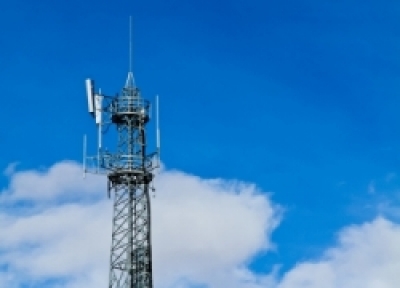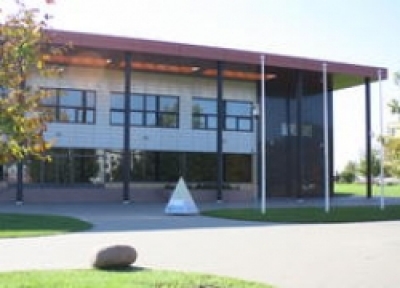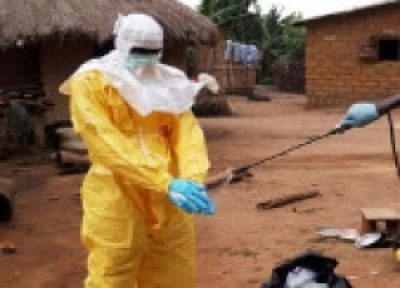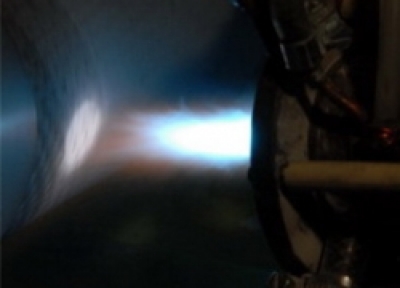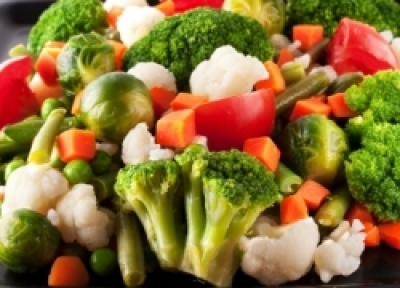Science news
Informational Nemunas Valley Opening Event
On May 14, Aleksandras Stulginskis University solemnly opened an integrated science, studies and business centre – Nemunas Valley.
EU response to Ebola
In response to the current Ebola outbreak in West Africa, the EU is contributing humanitarian aid, expertise, international coordination and longer-term development assistance.
Background
The current Ebola outbreak is affecting the West Africa region: Liberia, Sierra Leone and Guinea. It is the worst outbreak of the epidemic ever on record.
Lithuanian Scientists Are Developing Innovative Material Neutralization Methods
The whole world, including Lithuania, has accumulated large quantities of various harmful organic materials and waste: unusable pesticides, outdated pharmaceuticals, chemical products, etc. Many of these materials contain Cl, F, P, and Hg combinations, gradually decomposing themselves and forming new harmful compounds.
The Growing Desire of Business to Cooperate with Institutions of Higher Education
In July 2014 the end of the call for applications under the European Union (EU) structural funds Inočekiai LT measure ended. Within two months, nearly 950 applications were received from small and medium businesses that wanted to get innovation vouchers and with them to purchase services from research and academic institutions. Applications requested EU funding amounting to more than 14.6 million LTL. Support for innovation vouchers is provided for applied research, technology development, and technical feasibility studies.
Study Confirms Organically Grown Plants Produce More Antioxidants
Within the scope of a Newcastle University research study funded by the European Union Funds and organic farming charity funds, researchers for the first time have concluded an extremely large examination to evaluate the differences between using organic and conventional production technology to grow fruits, vegetables and grains. The above study was based on 343 small studies that analysed fruits, vegetables and grains for nutrition and substance.
